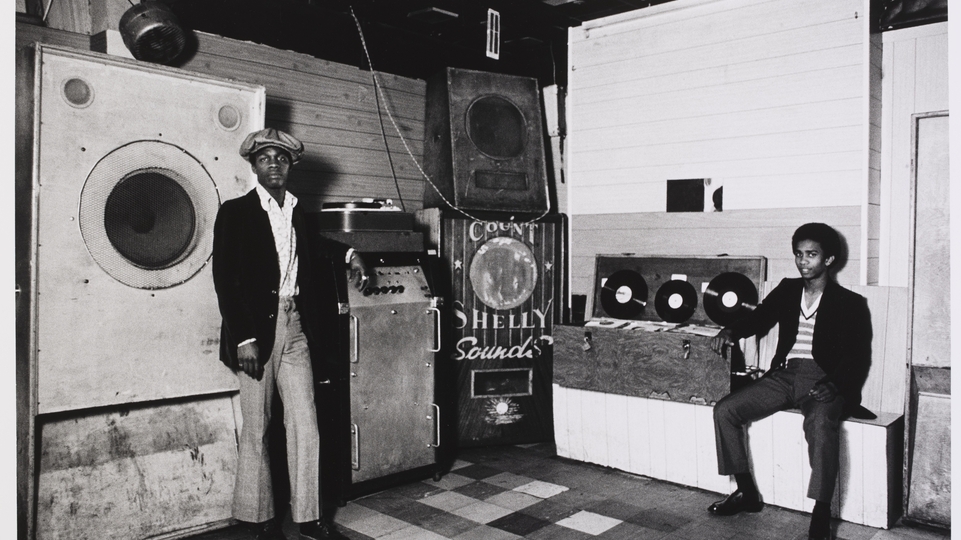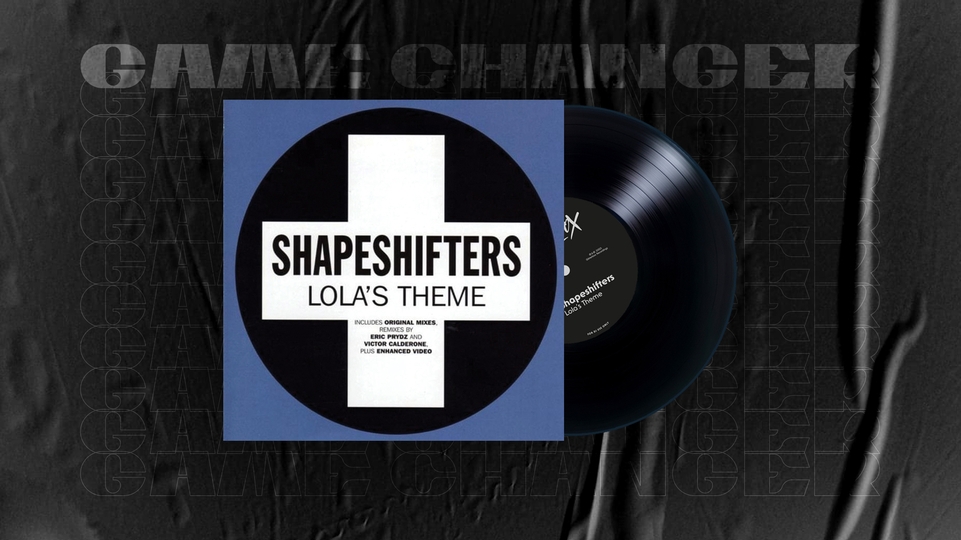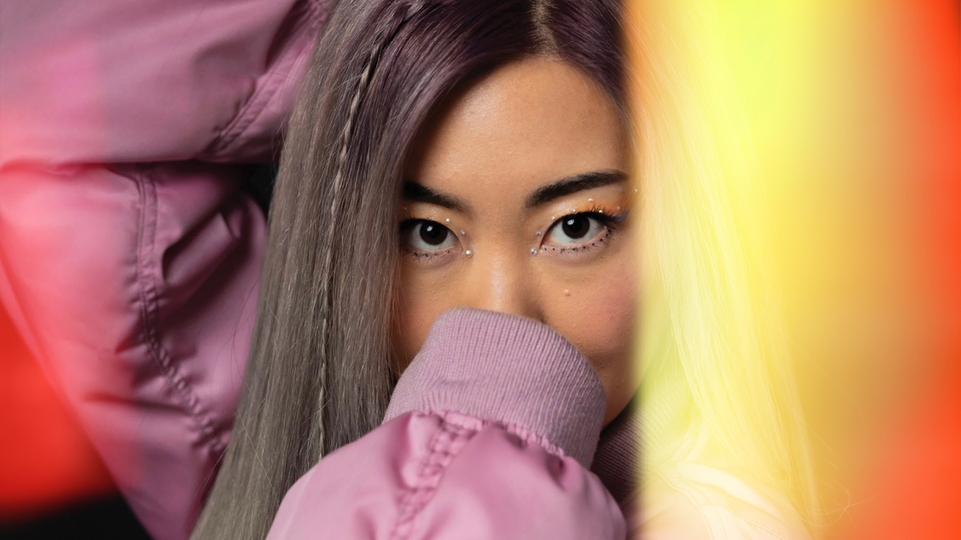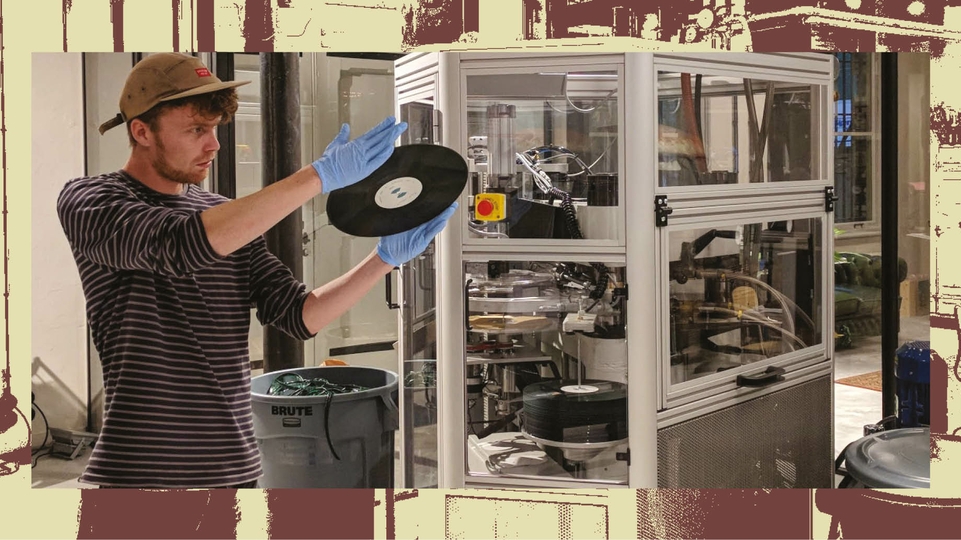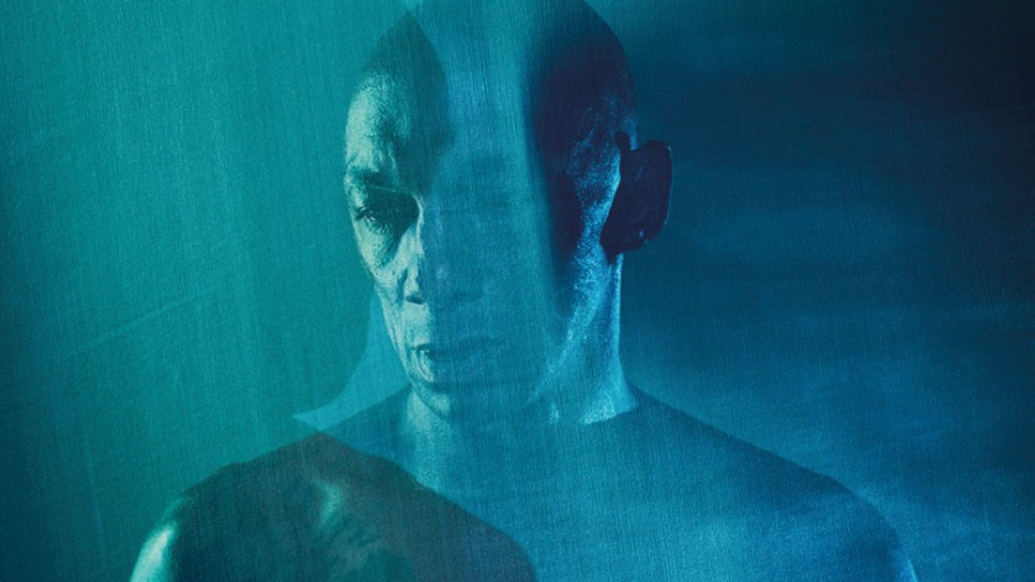
Tricky, a radical artist who stands alone
Chronically underrated as an established British voice, Tricky’s outstanding new autobiography, Hell Is Round The Corner, readdresses his magnitude
Tricky wants to sit outside in Kings Cross, London. It’s blazing hot and he’s wearing a purple singlet, because he can. He trains a lot. He used to squat around here, in York Court in the ’90s. “This area’s changed,” he says. “I don’t even recognise some of it, it’s madness. It’s expensive here now, too.”
He’s up there with Iggy Pop as a performer, too cool to care about getting the gigs. Ever a man of contradictions, he’s smoking a roll-up and drinking vegetable juice. He doesn’t touch his German sausages. “I wanted English bangers, not these German ones — could have them everyday. I live in Berlin.” He doesn’t live in Berlin for the nightlife. He’s been out three times in three years, and his daily life consists mainly of people-watching in cafes, training in martial arts and reading true crime. Most recently, he’s been reading Christopher Flannery, Mr Rent-a-Kill, the Australian hit-man.
He’s in a reflective state, easily attributed to the tragic recent loss of his and long-term collaborator Martina Topley-Bird’s 24-year-old daughter, Mina Mazy, on 4th May. His dark eyes often hit the horizon. But we’re not here to muckrake on that. The final chapters of his book say enough. “I don’t see what all the fuss is about, why anyone would be interested. Musicians aren’t that interesting.”
Some musicians are boring, but their art and lives are not of the great distinction and extremes of Tricky. Barely recognising his own life as a classic hero’s arc of pre-grime Britain, it’s shocking to some. His mother, Maxine Quaye, committed suicide when he was four, due to her struggle with epilepsy. He was brought up in a tough area of Bristol, rising through the ranks of Bristol’s Wild Bunch soundsystem to feature on ‘Blue Lines’ with Massive Attack in 1991. Then he discovered Martina, pressed a test vinyl with her in ’93, and quickly got signed to Island Records.
Many music publications call ‘Maxinquaye’ the best trip-hop album of all time. “Trip-hop?” he laughs, jabbing, “There’s no such thing. Why don’t they call it Trick-hop, or Tricky-hop? I don’t sound like no one. That’s it. I done 12 albums, and none of them sound the same. My first album was recorded in Harlesden. I was living there for years — it should be called the Harlesden sound, not the Bristol sound. Portishead sound like Massive Attack because they were influenced by Massive Attack,” he continues.
“It’s just stupid... mostly propaganda. There’s much more interesting cultural things in Bristol than musicians: the slaves, Colston Hall [soon to lose its slave-trading name].” Tricky’s fought hard to keep himself real in the surreal, and the limelight sure has some sour corners. The times I’ve been lucky enough to interview him previously, he’s often got a tight crew helping him not get caught up in his own hype.
You see this duality in his film, Brown Punk. “I’ve seen so many people come and go,” he says. “They get the big egos, think they’re the shit. I see them swanning around at festivals, and think, ‘You ain’t gonna be here in a couple of years’.”
Defined as an outsider from the get-go, this is his self-preserving defiance. You hear the flavour of voices that Tricky grew up with speaking first-hand in the book. It’s brilliantly edited, not a juddering scrapbook. There’s a gamut of heritage as wide as his apparent ease in drifting from New York to LA, to coming back to Europe after dropping a pill in Paris and feeling strangely at home.
But there’s one thing that doesn’t change: the book, like Akala’s Natives, is littered with endemic racism, where first judgements are made on his skin colour. There are stories such as his ability to buy £5000 chairs that he’s never sat in from sneering saleswomen in Fifth Avenue stores, belongings that take up space in his life and are, perhaps, partly responsible for his transience. “I don’t know how people say England is so multi-racial, when England is racist as fuck. It’s worse than when I was younger, and the class system.”
We’ve moved on from Lana Del Rey, who he compares to Chris Rea, to Giggs, who he’s more of a fan of. “It’s the most realistic thing, about what’s going on in Britain now,” he says. “When I was little we’d do our stuff — selling weed, robbing — and we thought we were rebellious, but you’re not. The system needs people like you. So, that’s the only thing I’d say to young people — this is what they want you to do, to get their money. The police, it’s big business. It’s the system and they need to keep people down to commit crime.
“When you come from an impoverished area,” he continues, “and you get no respect from society, but you’ll get respect from those around you... I was here about 15 years ago. I’d got a lot of money back then, and I walked into a Rolex store. Funnily enough, the girl in there was black, a light-skinned girl, but [because] I had a 25 grand Rolex antique watch on she followed me around, making it clear I wasn’t welcome in there.”
“It was summer, I’d got a T-shirt on, tattoos,” he says. “Stuff like that puts a chip on your shoulder. Do you know how many times I’ve been in hotels looking like this? And receptionists are rude. When I was getting on British Airways once, I had a one-way first-class ticket, and the woman told me I was going the wrong way when I got on board. So these kids, the only thing they’ve got is the respect from the people around them, so it kinda makes sense in a way. Grime shows how English people can take from other influences and create something for themselves, and I think it’s really good that a lot of these young people can do it without record labels. They’ve got their foot in the door and they’re calling their own shots. I don’t know if some of them are on majors, but they’re running their own careers.”
Now out of debt to his previous deals, and running his own label, False Idols, boosting 16 new artists on a compilation, he is into giving back and recognising his own fortune. “I was about 15-years-old and I was doing stuff on the mic, and one day I walked into a cafe. It had my name written with Wild Bunch, so my mate said, ‘I guess you’re in Wild Bunch then’. I’m quite lucky. I’ve never tried. You know how bands have it difficult? Doing shows everyplace, trying to get a record deal? I was just lucky like that. I was doing lyrics with people. One minute I was in Wild Bunch, next minute with Massive Attack. I kinda got away from that and next thing [I knew] I was in Island Records.”
Lady Luck has been attracted to his contrary, sure-of-himself nature — maybe from the resolution offered from a short stretch in prison for a few months at 17-years-old. “I knew it wasn’t me. I felt really sad when there’s people who shouldn’t be in there: one man, he’s picking up dog ends from the floor and making roll-ups, and he was in for murder. He caught his wife with someone and killed the dude. But this guy, he wasn’t a murderer, and I found it sad because you expect prison to be all prison guys. I wasn’t about that and I wasn’t willing to adjust.”
Tricky’s got many a story from the badlands. We shift from un-publishable gangster tales into him playing Israel, something that many Palestinian and BDS supporters oppose. “I did a show in Israel, and it was a very difficult situation,” he says. “People were protesting. I did interviews there, saying I don’t agree, then went on stage and did a song called ‘My Palestine Girl’. It’s one of the few songs about Palestine, and it got radio. Do you know how many Palestinians have contacted me about ‘Palestine Girl’? Saying it’s made us feel good? But a woman put the phone down on me because she said, ‘Why is it ‘Palestine Girl’, not ‘Israel Girl’? The promoter said, ‘You’ve got balls to come here and do that’.”
But why did he do that? Because he was getting paid?
“Yeah — you go there and talk about it, right? These protesters outside my gig are doing nothing. These people like to get on a bus, go to a gig in Hackney, but they’re literally doing nothing. Nothing at all. Save your money, get on a plane, and go to Israel. Protest outside the Israeli government. I’d go back to Israel and do another gig. It’s not everyone in Israel who agrees with it. I’ve seen rabbis protest against the Israel government.”
The book is a rare social document on anti-pop stardom, while being the living truth of success. “Sometimes I don’t write for ages,” Tricky says. “It’s almost like music’s my hobby. I work when I wanna work, I’m not a money head. I’m not trying to be wealthy. I got a studio in my house, so it ain’t like I need to go anywhere, but I can go five months and not do anything. People taking too long to make an album — two years to make an album, it’s fucking ridiculous. Albums are like fish ‘n’ chips paper — you put it out, it’s over. I don’t know why people get obsessed. I’ve put out stuff I’ve liked at the time and now I think it’s shit, so I don’t get too obsessed about it.”
He is reminded of a track that he’d forgotten he’d made recently. “I thought, ‘Oh I’ll listen to that’, and I got to about three seconds, and I just couldn’t work [it] out. I see that sound as someone who’s unhinged.” Tricky runs on top of the globe. He’s pretty Zen, disengaging with contemporary music, film, and current affairs. “I used to love films, like Jacob’s Ladder. Big influence. I directed Brown Punk, which is a musical really, and I was really keen, but I’m not so interested now.”
We swing back to his roots to close. “I was brought up by my grandmother and I was lucky enough to see my great grandmother. She lived around the corner from us. My great grandfather always said that ‘Wars are about money’. I don’t know how people still believe in politics. People think that voting is going to make any difference — c’mon, there is one party. Politicians, they’re not here to change things, they’re here to keep the status quo. The Queen’s security is £30 million a year or something like that, and half the population live in council houses. It’s bollocks. It’s always been divide and rule.”
Tricky only found out Boris Johnson was PM the other day when his mate told him — a lone wolf, with a wild howl, and an intrigue as enigmatic as his music.
